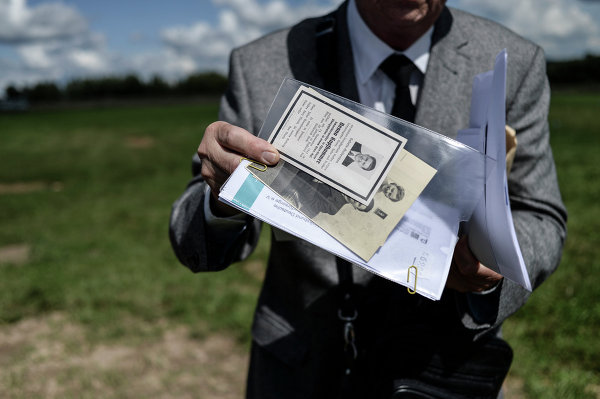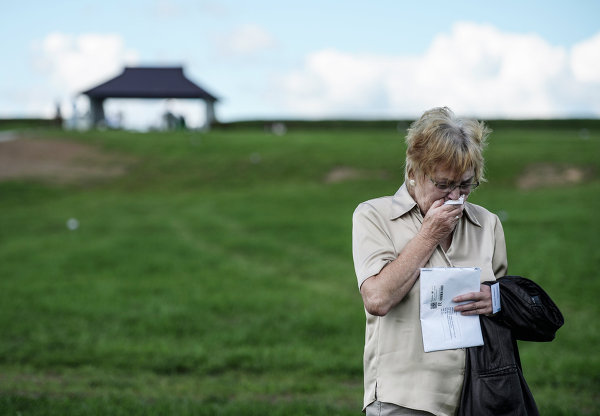 |
| Media Photo |
In his "Lettre à un ami allemand," the great critical thinker at the time, Albert Camus, opened the destructive and cataclysmic topic that is touched upon above as a question. In fact, what was the mindset that drove the German soldier, in fact the man in the street in places like Munich and Bonn, and other places in Central Europe, to give power to the attitude that the only solution to communist and leftist influences in Europe, Jewish question aside, was conquest and subjugation. This has been a topic examined, in the way the German military is understood to have worked and acted, as a kind of collective psychosis - "understanding" the German leadership a the time and so forth - though this does not, in fact it barely fills the vessel of knowledge and other facts and details to know and comprehend the enormity and importance of the European influence at the time and who had or has the most important role in it. The question asked by Camus in his essay that is critical to anyone examining the topic of the WWII Eastern Front, and that might have application even today insofar as historical examination of the time is concerned, was in what way did the German leadership at the time not believe and thereby take up arms against the communists / Marxists in Eastern Europe, that there was no single, peaceful solution to letting that geographical area and its peoples continue what reportedly and observably had been and promised to be a mistaken experiment in politics, administration, social policy and ethics, etc., by many people worse in their edicts and totalitarian practices than any hitlerian model.
There is no doubt that many admirable communist military personnel from the U.S.S.R., themselves good and ethical people, brave and valiant, went West to fight the Germans and themselves and did not return - again the number of mortalities exceeds the ability of one person to count them, though on a different scale, the number of German deaths informs; and their work to respect, recuperate and put their dead to rest; the international community of the greater wounds suffered by FRG in Eastern Europe and that society's continued efforts to address the implications of the related military conflict in public discussion over the years. In the overall examination of areas like the Eastern Front, in the thought of it all the way through to battle planning and execution on both sides, one "understands" the mystery about why the German leadership at the time placed such great emphasis, even political quackery, on what it believed to be the responsibilities of the time. Though many observers of what happened in Eastern Europe in the 20th century, and scholars, etc., do look at how and why the way Germany addressed this as an entirety from a moral and psychological standpoint, and from the standpoint again that German leadership was deeply flawed, there are probably a set of more thoughtful reasons that are the answer to the unknowns provoked by moral, ethical and other issues and explanations about it. Due to the overall interest in things like the Germans recovering their war dead, and how the soviets worked to discourage this, even to deface the idea of it because they at the same time gravely feared and loathed any respect German had nor has in the world; and the former soviets as well, there begins a process to answer the mystery and questions about the times in which Germans gave their lives in places like the Eastern Front. This not because they did so willingly and with politically - charged ideas, but because and out of a sense of obligation, perhaps even overriding economic, social and financial obligations as offered and predicted by the immediate future at the time. The soviets were equally zealous and messianic, if not more so, and there were greatly more of them.
The soviet cemeteries that I have seen in Eastern Europe are quite plain with headstones and
monuments, and other markings of the past conflicts there and the related mortalities. From the images of the new German cemeteries and the looks of them, the German ones are even more inauspicious and understated. For at least some individuals, people need to continue to know what happened in places like Smolensk and related and similar places of the time, and not only the political and other ramifications of this, and of the value of respecting and recovering the human element that might one day be relegated or forgotten, and the meaning and responsibilities that go with this equally passing. In view of what happened at the Eastern Front at the time, part of the sinister and criminal vice of the soviets, was to disallow and to deface and erase even the thought of Germans having any connection to communist soil. That this has been redressed now shows at least at this time, and as the result of things like the effectiveness of Perestroika, renewed and popularly discussed and understood efforts of everyone to comprehend the places of Europe and Eastern Europe and their influences in the world in order to avoid the loss of life in the future that took place there. Regrets for any typographical or stylistic errors in this writing.
"History" channel internet article.
Article from "Der Spiegel" online.
Online article from "RIA Novosti."

No comments:
Post a Comment